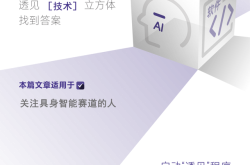The Evolving Landscape: Where Are the Protagonists of Today's Refreshing Stories?
![]() 01/02 2025
01/02 2025
![]() 634
634
"I strive to keep moving forward, seeking to leave new footprints along the way."
Where shall I begin the narrative of 2024?
Let's commence with Liu Qian.
Returning to the Spring Festival Gala stage after a five-year hiatus, Liu Qian sparked a social media frenzy on Weibo, marking the dawn of 2024's story. From there on, the themes of return and departure became prominent.
At year's end, Li Ziqi resumed her video uploads after an absence of over 1,200 days, her comeback validated by 500 million views in just three days. This reaffirmed the narrative of coming and going.

However, the digital landscape has drastically shifted. Long-form videos are scarce, while short-form content reigns supreme. Li Ziqi, now back, must navigate new paths. She declared, "I strive to keep moving forward, seeking to leave new footprints along the way."
Similarly, many aspire to etch their mark. Some succeed, while others do not. Wang Jianlin, having veered off course, ceased hosting Wanda's annual meetings and refrained from singing. Conversely, Ma Huateng, staying the course, joyfully sang "Congratulations" in Cantonese.
Many deserve congratulations this year. Yet, shifting focus to the ever-evolving auto industry, few foreign car brands can be lauded for their relentless pursuit of transformation.
For the stage has dramatically altered. Many have departed, and few have returned.
The feast is over; the building crumbles.
Commencing with internal competition declarations on New Year's Day, the central stage witnessed numerous departures.
"A few years ago, securing a senior executive position with a joint venture brand in the Chinese market was highly coveted. Lately, those assigned here feel immense pressure," remarked Xu Wen (pseudonym), a former joint venture executive who couldn't pinpoint the exact moment of change.
Perhaps it began when BYD surpassed Tesla to become the world's largest electric vehicle company, or maybe it was Lei Jun's high-profile entry into the automotive sector.
Xu Wen noted that foreign executives now sent to China carry the mandate to "turn the tide." Their ability to reverse China's sales performance hangs like Damocles' sword, and few have succeeded thus far. Even stubborn Japanese automakers have loosened their grip, allowing the Chinese side the final say.
Xu Wen struggled to recall which foreign executives frequently graced the stage in 2024. It proved a challenging question.
Reflecting on the year, stories like "Volkswagen's global executives' frequent visits to China," "Ford's global CEO driving a Xiaomi car post-China visit," and "Mercedes-Benz and BMW global executives proclaiming they are in China, for China" stood out.
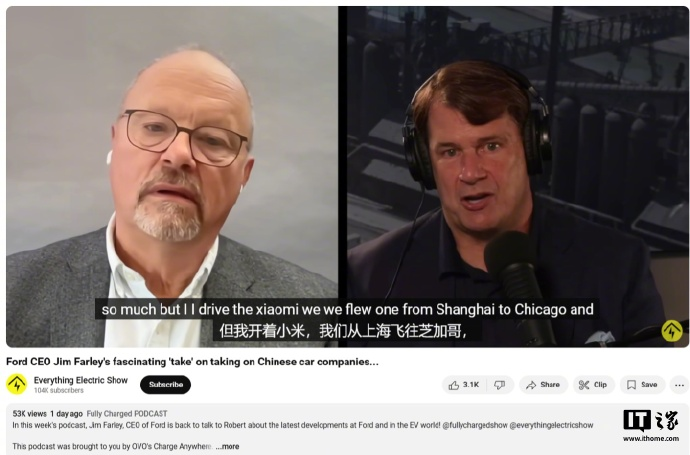
Executive visits have become trendy. However, amidst influencers like Lei Jun and Zhou Hongyi, it's hard to recall a foreign executive capturing public attention—except, of course, Elon Musk.
Cliché as it may sound, "I watched him host a banquet; I watched the building crumble" aptly describes the current scenario.
On the last day of October last year, Mercedes-Benz, BMW, and Volkswagen released their third-quarter financial reports. Consistently, they noted sales increases in regions other than China. A glaring line read: "Sales in the Chinese market declined, dragging down overall third-quarter sales."
The luxury giants' reports maintained a semblance of decorum, but second-tier brands, heavily impacted, lost this ability long ago.
Take Jaguar Land Rover, once atop the second-tier luxury list. Since localizing in China, it's lost luster, spiraling downward. It's hard to recall the last time Jaguar Land Rover came to mind—unless it's Li Dalong's departure two years ago.
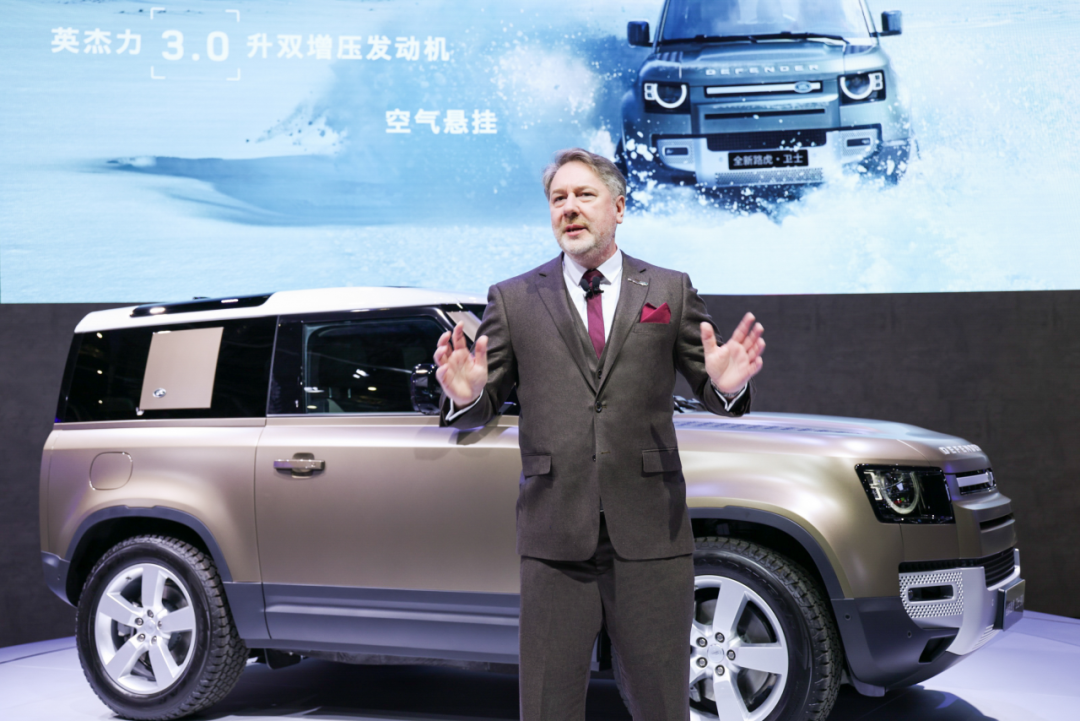
As President of Jaguar Land Rover China and Chery Jaguar Land Rover's Joint Market Sales and Service Organization, Li Dalong vowed, "The first step in 'reshaping the future' is to make everyone remember Range Rover."
Jaguar Land Rover wasn't reshaped; Li Dalong left, leaving behind rumors.
One rumor claimed Luo Lin, whom Li Dalong recruited from Mercedes-Benz's eastern region as Executive Vice President of Marketing, abused her market and marketing powers for personal gain. "They sponsored the Shanghai Symphony Orchestra with a five-year, 50 million yuan contract, brokered by Luo Lin's husband's company," the rumor stated.
Irrespective of the rumor's truth, it often proves foreign executives' allure to the Chinese market due to "benefits during good times." Nowadays, with the market's downturn, many have left due to "no benefits to enjoy."
Also in October last year, Jochen Sengpiehl, Volkswagen Group's marketing master behind the "Das Auto" ad campaign, was deported for drug use two years after his China assignment.
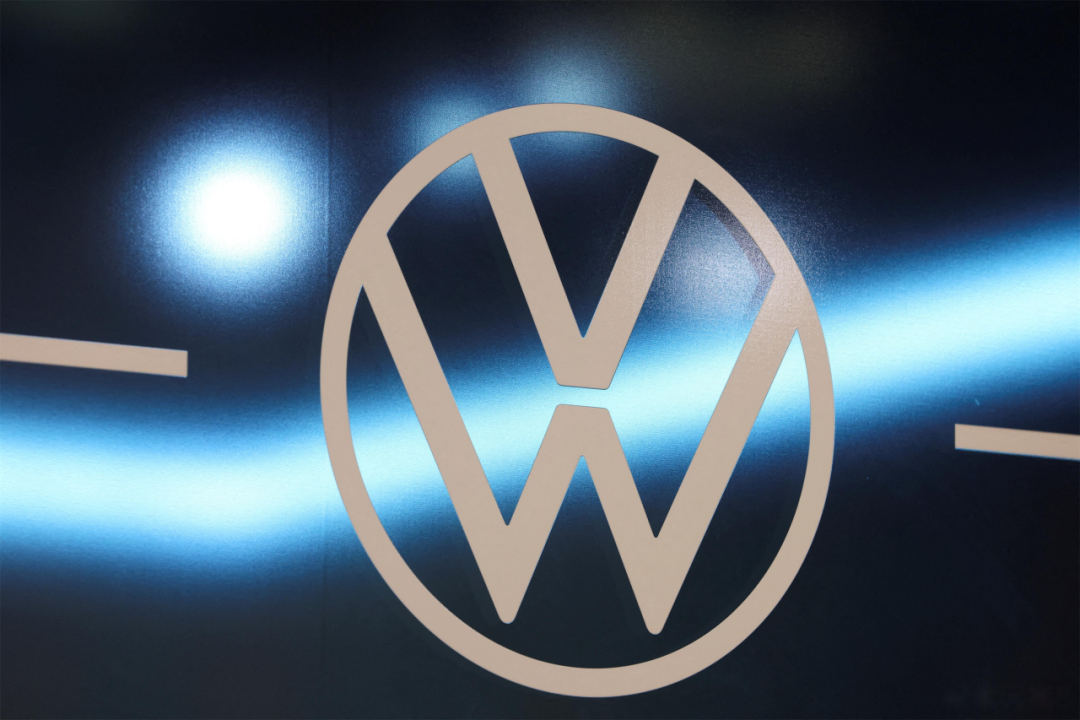
Volkswagen had high hopes for Sengpiehl, a decades-long industry leader. Sending him to China in 2022 reflected Volkswagen Group's aspirations to revitalize the Chinese market.
Unfortunately, the tide didn't turn; he fell first.
After Volkswagen Group and the German Embassy's efforts, Sengpiehl was detained, later released, but had to be deported. The 55-year-old Volkswagen Group China Chief Operating Officer left the country in disgrace.
A German media report expressed deep emotion, stating, "Managers of Volkswagen in China were once untouchable." Undeniably, China remains crucial for Volkswagen Group.
Yet, the market has indeed changed.
One after another, stories unfold.
While Wang Jianlin ceased Wanda's annual meetings, NVIDIA's Huang Renxun participated in China's regional annual meeting for the first time last year. Wearing a floral vest and dancing the yangko with employees, he addressed NVIDIA China staff as brothers.
An excited NVIDIA Beijing employee shared, "I didn't win any prizes at the annual meeting, but I got a hug and a photo with Old Huang at the after-party. He reserved all his tenderness for employees."
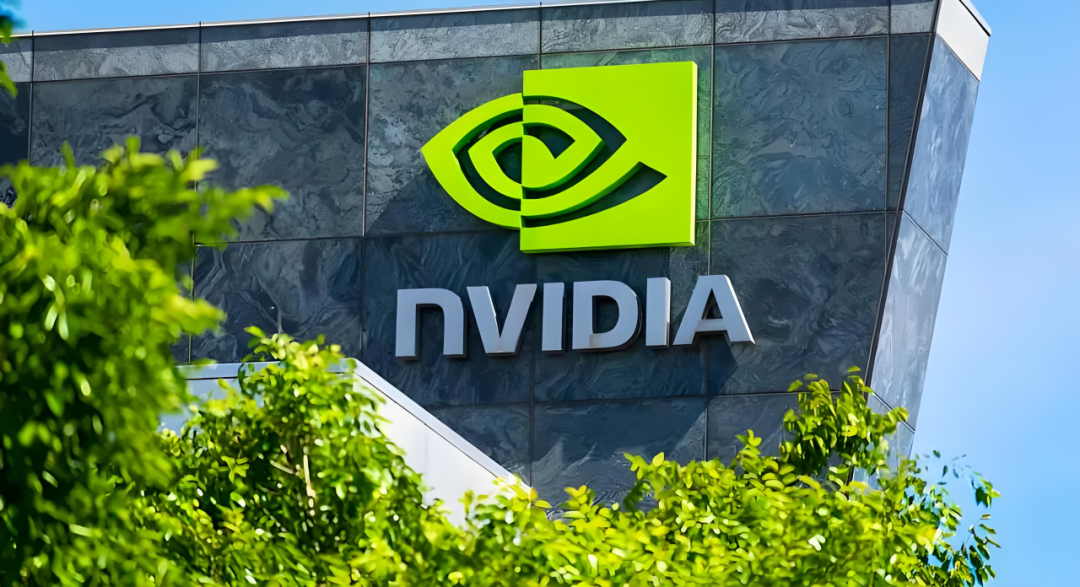
Huang Renxun's intentions are clear: to find more Chinese market partners. China is indispensable for chip giants. Months later, NVIDIA's market capitalization surpassed Microsoft's, making it the world's largest.
This reminds me of Luo Yonghao's 2017 interview, where he was asked the three life questions: Who are you? Where do you come from, and where are you going? Luo Yonghao, pushing up his black glasses, waved his hand and said, "My name is Luo Yonghao. I come from Yanji, Jilin, and I'm aiming to become a tech leader."
Later, Smartisan Technology's capital chain broke, and Luo Yonghao cried under the quilt. His startup failed, but he thrived in live streaming. Trends ebb and flow; the market is a stage where "one performance follows another." To stay afloat, one must adapt to the new cycle, like Huang Renxun dancing the yangko.
After over five years of restoration, Notre-Dame de Paris' lights were relit. Porsche, profitable in China for years, seeks new illumination. Following the dealer "ultimatum" incident in May, Porsche's German headquarters announced new personnel changes.
From September 1, Alexander Pollich replaced Christian Koch as President and CEO of Porsche China. The change was due to "Koch's failure to maintain Porsche's position as China's largest single sales market."
Pollich, whose Chinese name is Pan Lichi, embodies Porsche's goal to "win back China in two years."
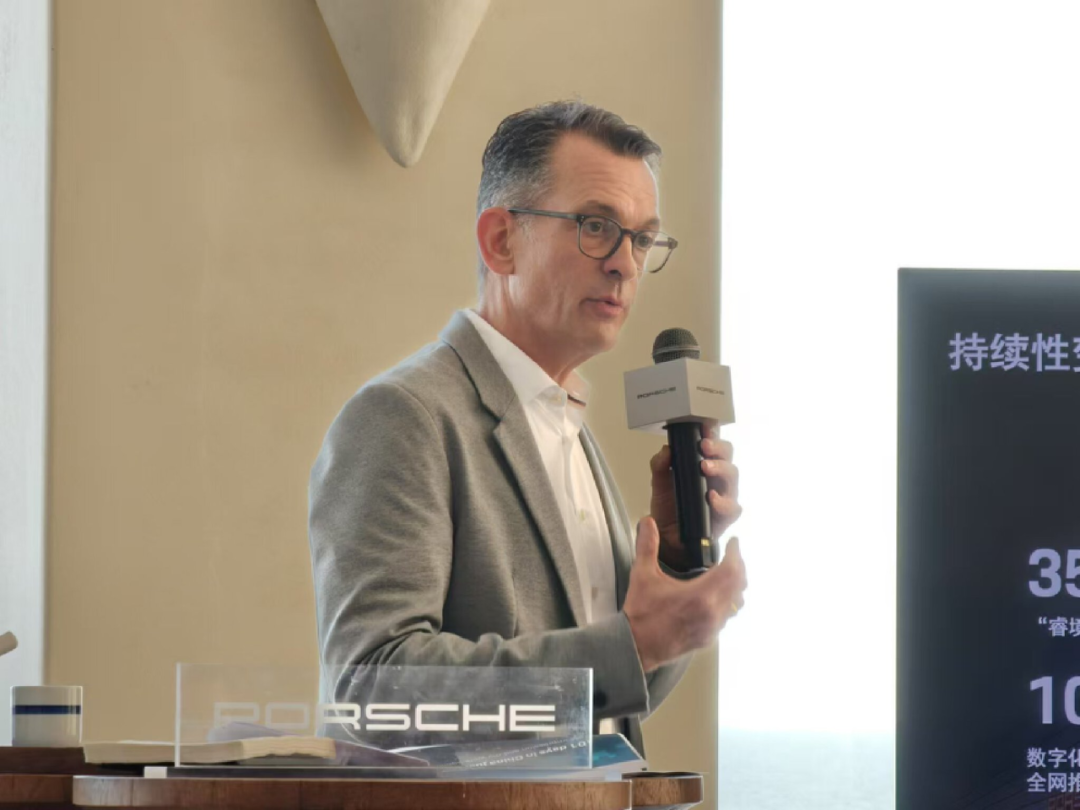
"A chilling wind blows in our faces; we can already feel it."
Pan Lichi, who enjoys taking the subway and eating jianbing, has worked for Porsche for 23 years. He's never seen a market change as drastically as China's. To win back the Chinese market, Pan Lichi brings a new plan: increased local R&D and a more localized marketing strategy.
"These aren't just PPT slides; they're pragmatic, fully invested efforts," said Pan Lichi, aiming to leave new footprints for Porsche, like Li Ziqi.
Having been in China for only 100 days and tested many new car company products, he believes he can succeed.
As Ren Zhengfei said, those unwilling to give up territory aren't strategists. "Watch 'The Battle of Liberation' and don't worry about one city's gains or losses. We want the entire world," Ren advised.
Pan Lichi aims to create a "new world" for Porsche in two years. Watching him on stage, I recall Lei Jun, 54, still known as the "Middle Kingdom's Hard Worker." Facing Xiaomi's declining performance, he strives relentlessly. In March, Xiaomi launched the SU7, hailing Lei Jun as the "Thunder God."
December 8 marked Alipay and Ant Group's 20th anniversary. Jack Ma, absent from public view for a while, appeared at Ant's campus to cheer on employees. "I'm here not for Ant's past 20 years but for its future 20," he said.
Tang Shikai, the "promoter of the Chinese market," is about to retire but remains for Mercedes-Benz's "future of change." In Mercedes-Benz's territory, the Chinese market is vital.
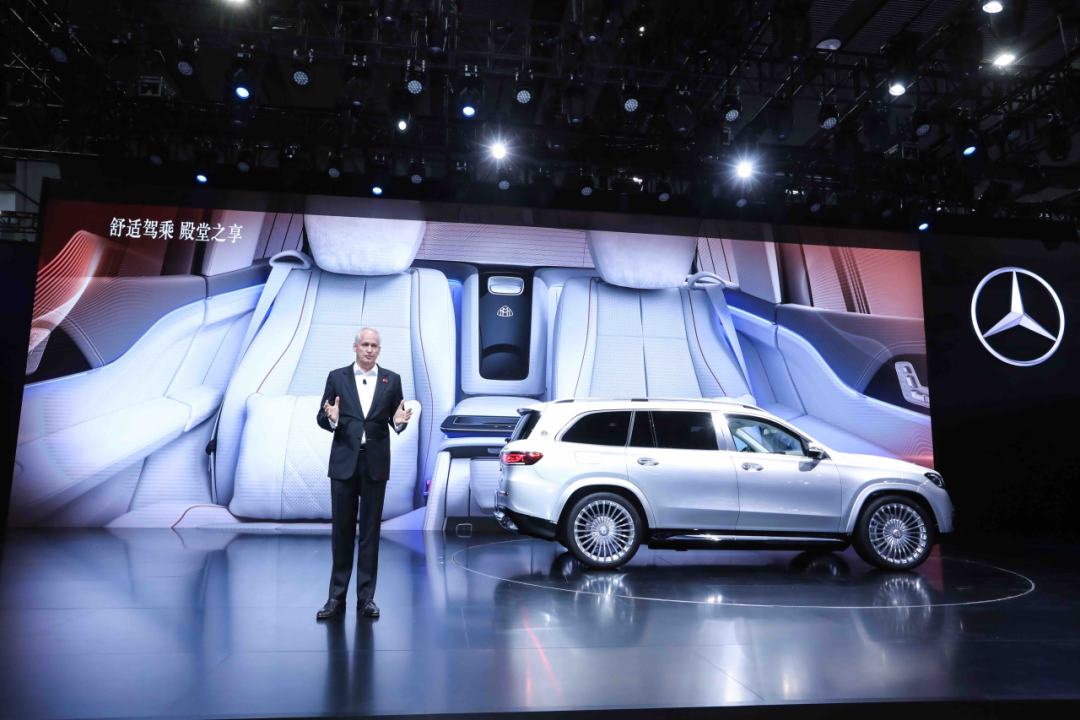
Tang Shikai, Mercedes-Benz China's wise and humorous "helmsman," significantly contributed to its 12 consecutive years of rapid growth. With 36 years at Mercedes-Benz, he's known as the "German who understands the Chinese market best."
His successor, Tong Ou Fu, current head of product strategy and planning, takes office on February 1, 2025. Tong led Mercedes-Benz's future lineup planning, including electrified products, up to 2030.
Compared to Tang Shikai, who's lived and worked in China for nearly 12 years, Tong is a newcomer with less fluent Chinese. Yet, his "newness" brings possibilities. Amidst 2025's uncertainty, past experience may not apply.
The 2025 auto market is unknown. But the technological wave—encompassing AI, big data, computing power, and algorithms—has set the stage. Those who left and returned due to epochal changes have contributed to this new narrative.
"Some birds are born not to be shot at." We all know that adhering to the right direction transcends mountains and seas.






